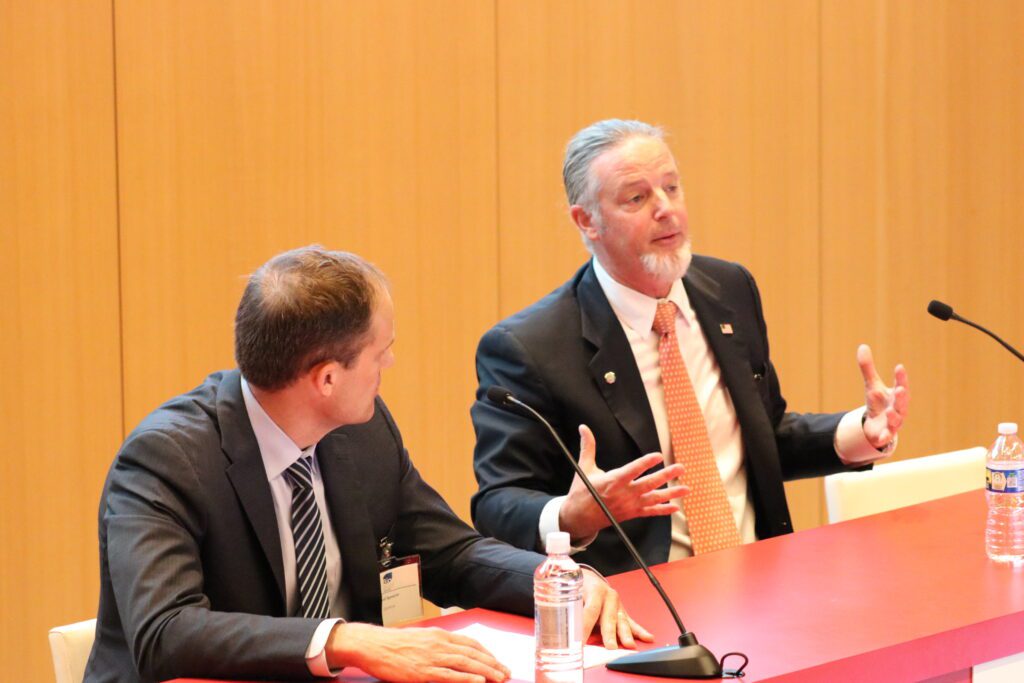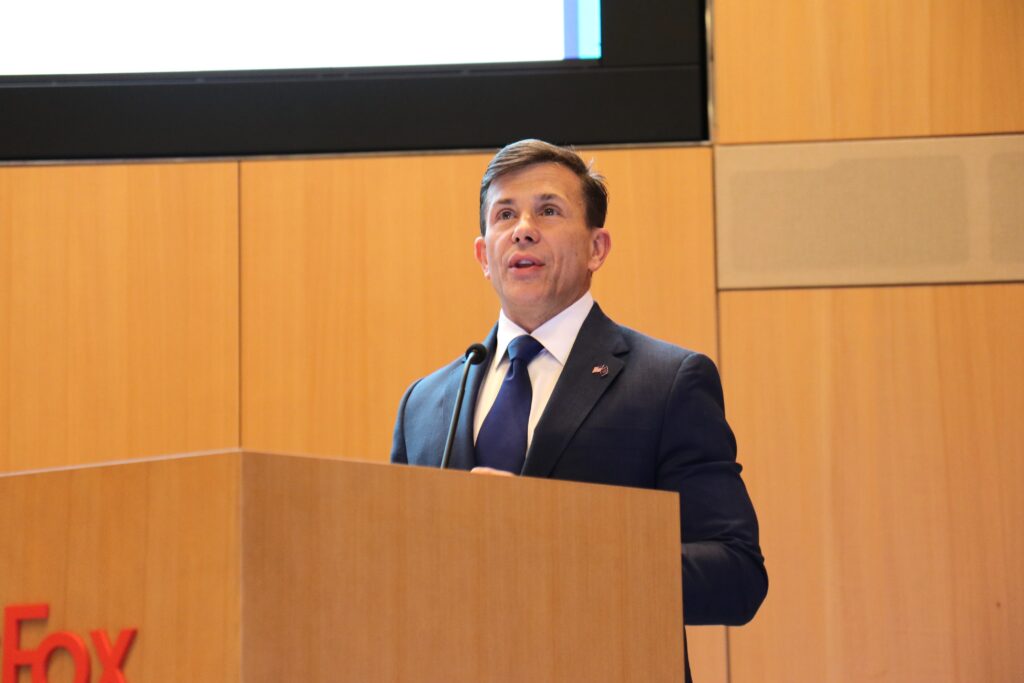While concerns about the Ukraine war’s impact on food security garnered a lot of attention as world leaders met in Davos this week, the pressure on food security from climate change exceeds the challenge from the war, and necessitates the use of biotech solutions, according to the Biotechnology Innovation Organization (BIO).
IMF Managing Director Kristalina Georgieva started the gathering in Davos with a plain warning of the risk of a “global food crisis” from the war, the Times reports, and David Beasley, executive director of the UN World Food Programme, said food availability problems might affect everyone, according to the World Economic Forum.
But in comments submitted for the Thursday hearing about food supply chains by the House Select Committee on the Climate Crisis, BIO argues that the war is not the biggest threat to global food security.
“The impact Russia’s invasion of Ukraine has had on global food prices pales in comparison to the impact climate change will have on food supplies in the future,” says BIO in their comments.
BIO cites climate change research published in Nature that says 21% of agricultural production is already affected by climate change, “equivalent to losing the last seven years of productivity growth.”
How biotech can address climate and food
With biotech tools, crop yields can be increased, carbon sequestration can be improved, water use and food waste can be reduced, and animal welfare can be bolstered.
BIO argues that in order for all of this to happen, it is crucial to incentivize the adoption of biotech and expedite the regulatory pathways for improved technology solutions and tools. BIO says the Growing Climate Solutions Act needs to be passed in order to remove the barriers to accessing these technologies.
“To meet the challenge of climate change, and foster resiliency and sustainability throughout the agricultural value chain, it is crucial to lead with science and U.S. innovation,” according to a recent article by BIO President and CEO Dr. Michelle McMurry-Heath.




